Critics often state that agroecology lacks the productivity required to feed growing demand on existing agricultural land. While studies linking agroecological approaches and yield are few in number and heavily contested, studies of productivity in organic farming are relevant due to the similar practices used. Research suggests that industrial agriculture produces approximately 20% higher yields than organic farming per given land area; however, these findings are highly contextual (they depend greatly on crop type, region, timeframe, methods, and measurement practices). Moreover, supporters of agroecology argue that focusing on productivity is irrelevant, because hunger and malnutrition, at least at the global level, result from inequitable and unsustainable distribution and consumption patterns rather than a lack of food per se. Instead, they emphasise how agroecology could drive political, economic, and production changes. Indeed, comparisons of industrial and agroecological food systems that account for changes in diet and industrial crop usage, along with improved waste management, find that agroecological farming can produce sufficient food in a sustainable and equitable manner (for example, see What is feed-food competition? and What is food loss and food waste?).
Regardless of the debate around productivity, agroecology would still need to be ‘scaled up and out’ (applied on a larger scale and/or over a wider area). However, similar debates remain. For example, are the high labour inputs feasible on a large scale and how will distribution work when agroecology often relies on small- scale farming?
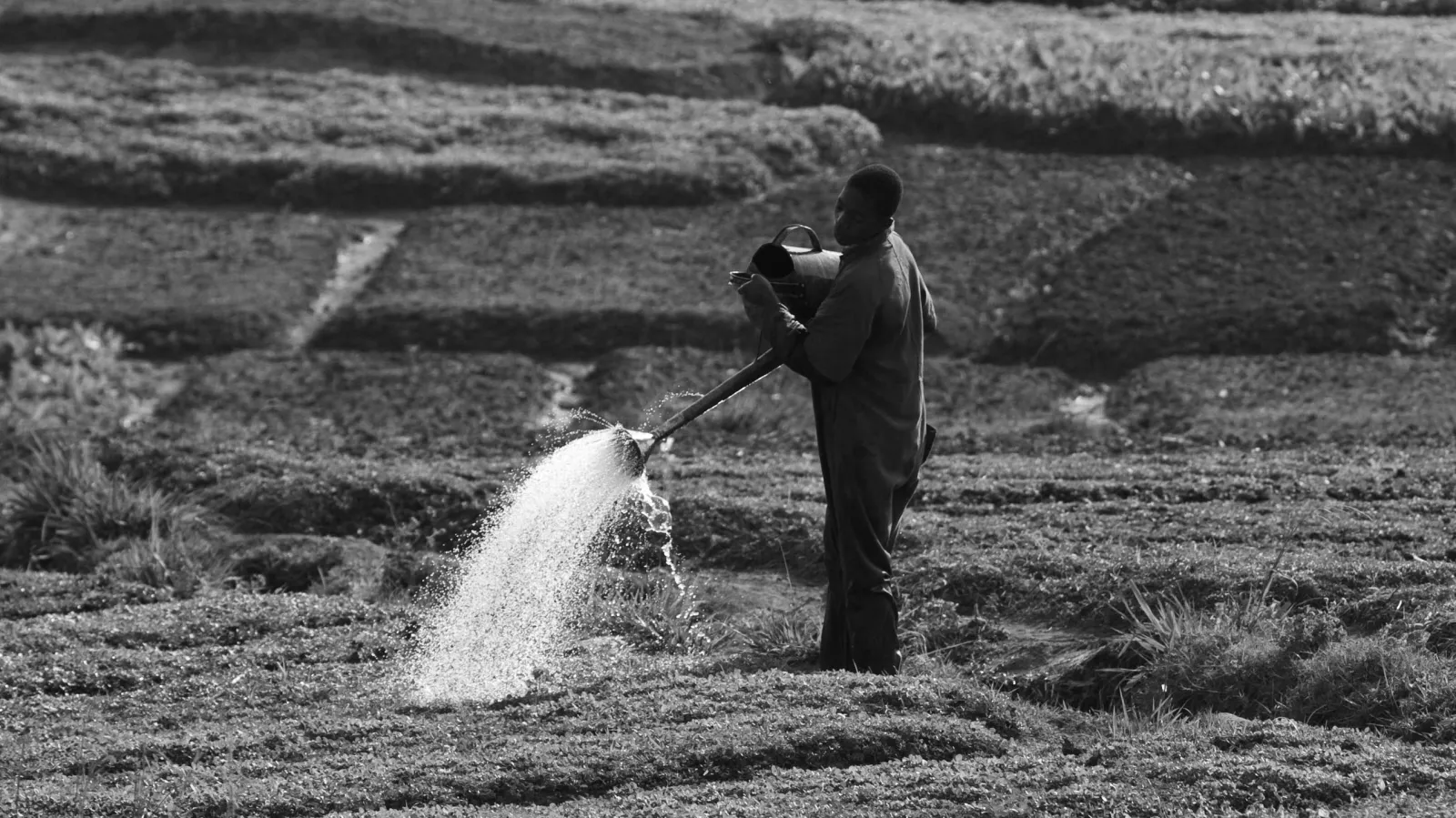
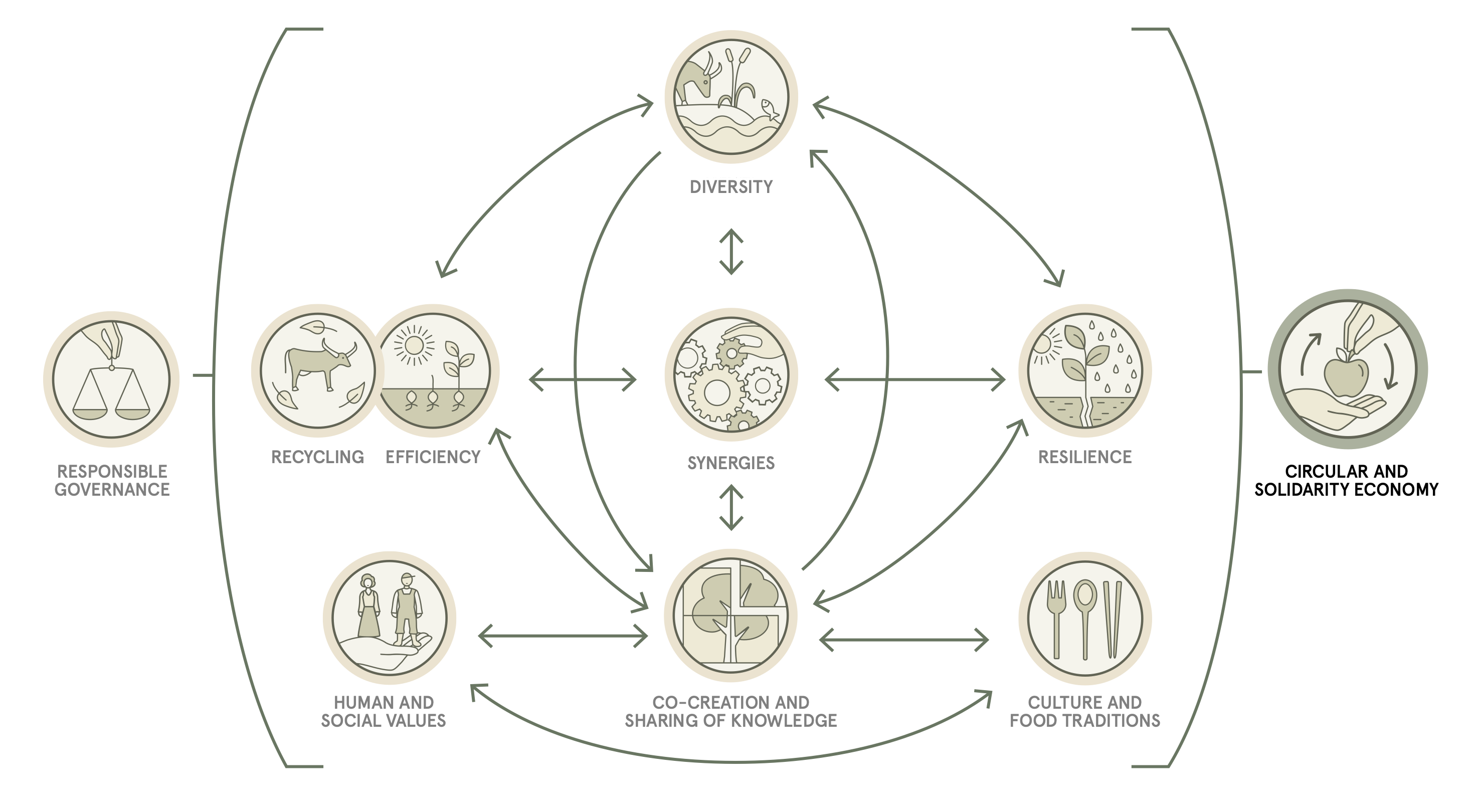
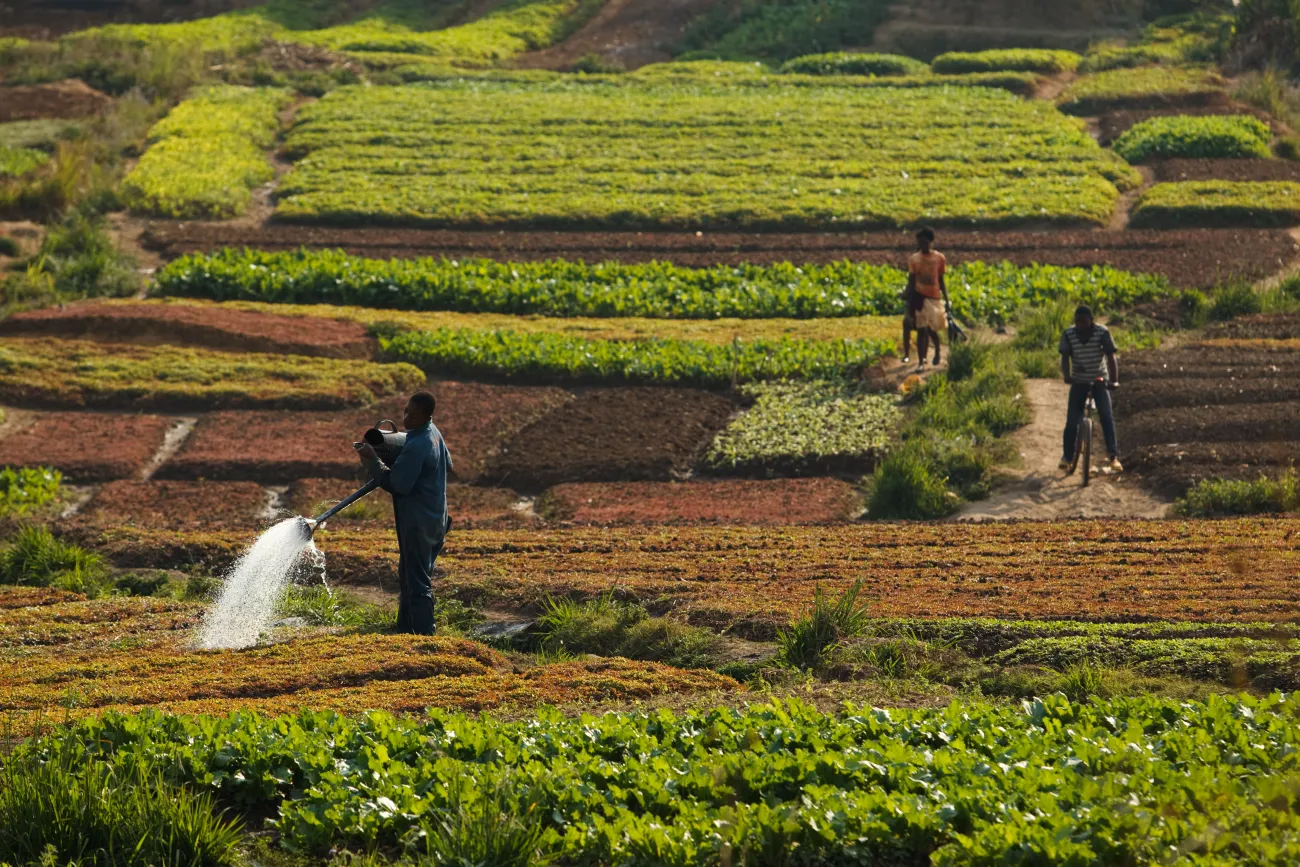
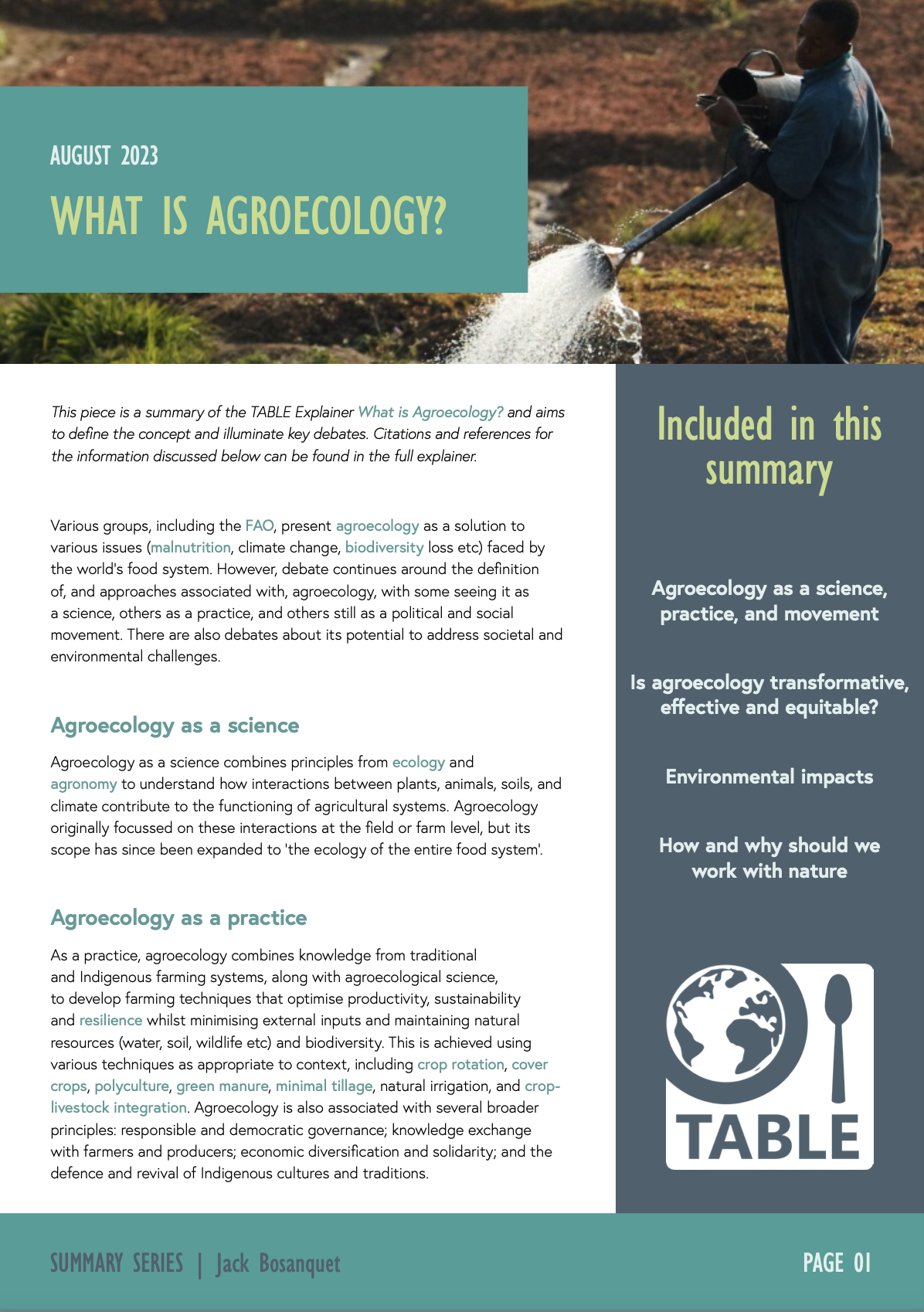
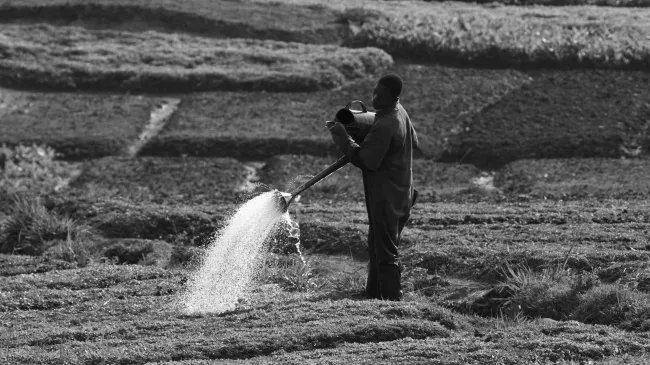
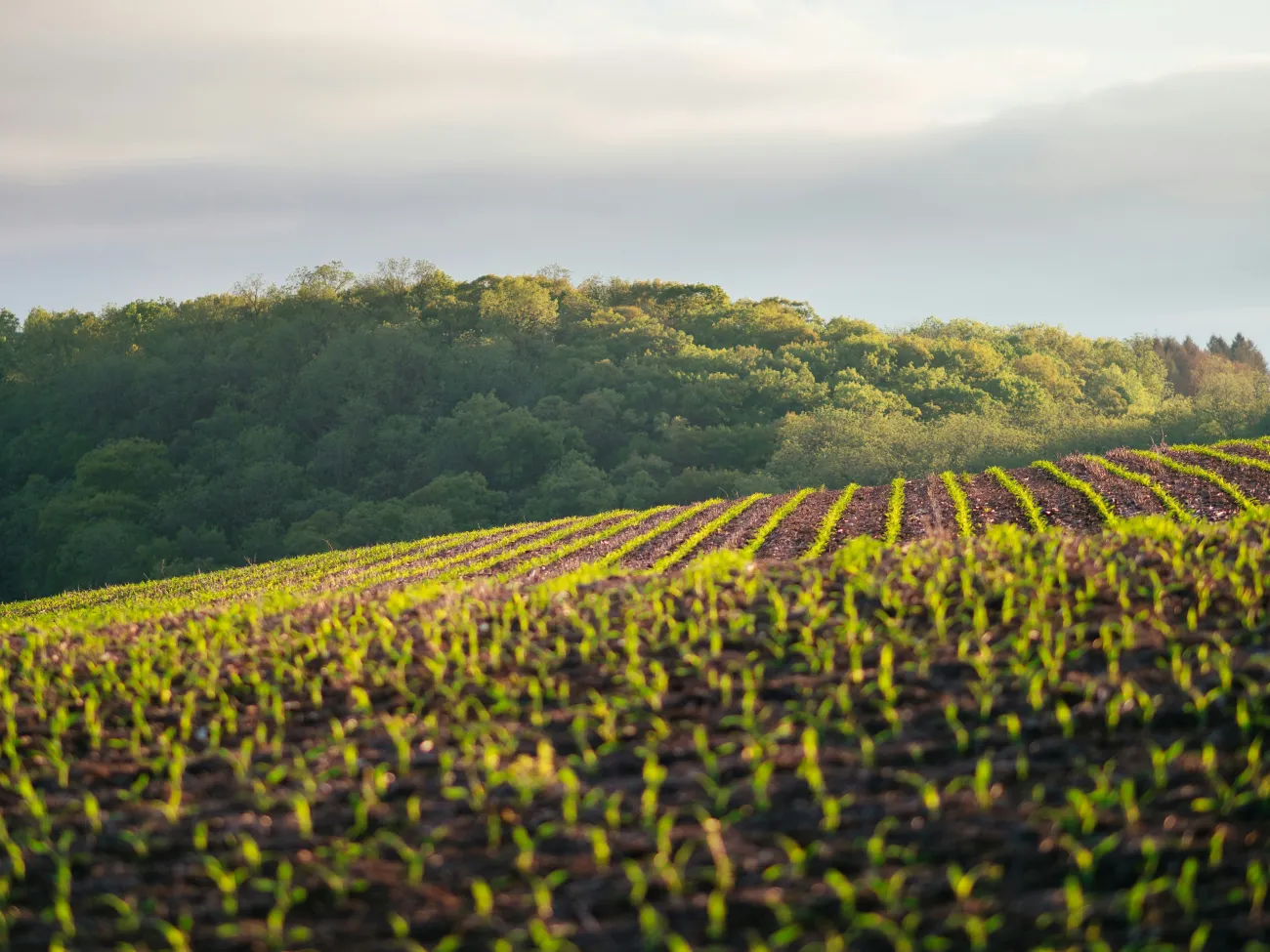
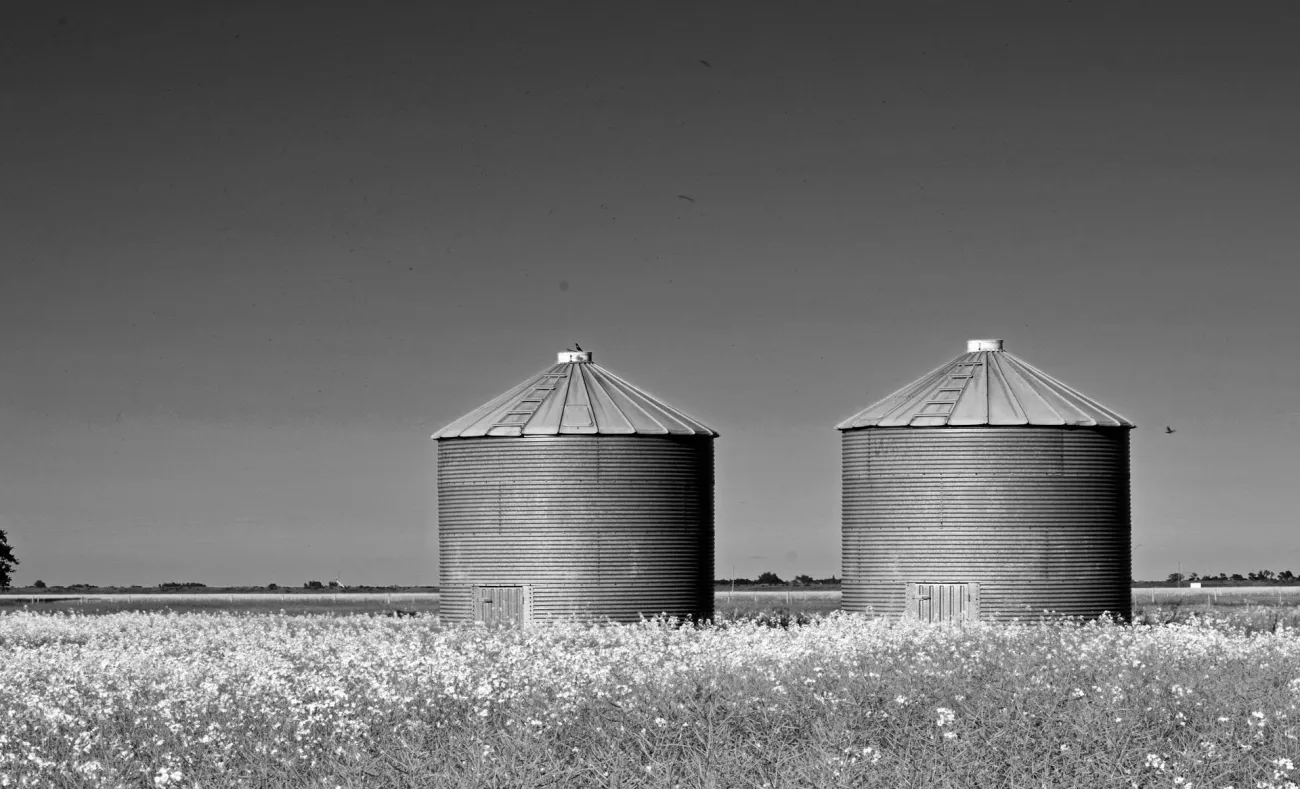

Comments (0)